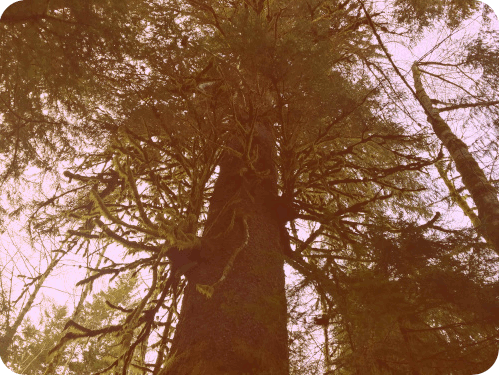
I left the camp again and while I was back home, on April 13, a public announcement was made by the Pacheedaht Band Council asking the protesters to leave. My initial reaction was to no longer be involved in any capacity.
The following day, Bill Jones also made a public statement. In it, he says: "I will continue standing for the land until I am dead".
Here's another letter from the Pacheedaht Band Council in 2018, where they discuss land use issues and their need for financial support. I think it's important to understand the realities of how cutting off a community's availability to natural resources through blockading or even park protection has impacts on their livelihood.
Here's a video of Bill's niece Roxy Jones speaking, where she states: "It would be nice to have a Pacheedaht First Nations National Park to help us establish our own eco-tourism for the benefit and wellness and prosperity of my nation."
I also came across this link to a revenue sharing document signed between the BC government and the Pacheedaht First Nations in 2017. I think the following sections are really important to note:
11.1 Non-interference. Pacheedaht First Nation agrees it will not support or participate in any acts that frustrate, delay, stop or otherwise physically impede or interfere with provincially authorized forest activities.
11.2 Cooperation and Support. Pacheedaht First Nation will promptly and fully cooperate with and provide its support to British Columbia in seeking to resolve any action that might be taken by a member of First Nation that is inconsistent with this Agreement.
While regular citizens of Canada have the freedom to protest and express their dissent openly in the political arena, the Pacheedaht community as a whole is legally binded to comply with forestry activites.
||
I see how First Nations communities become pawns to various interest groups and I don't want to contribute to that in any way.
In the same way that I think it's important to be compassionate towards settlers on the frontlines who are struggling with various personal challenges; it's especially important to show sensitivity and understanding towards First Nations communities who are struggling with many complex issues that we don't fully understand.
We also need to take into consideration how our own presence and the presence of our ancestors has contributed to these issues.
 
|






